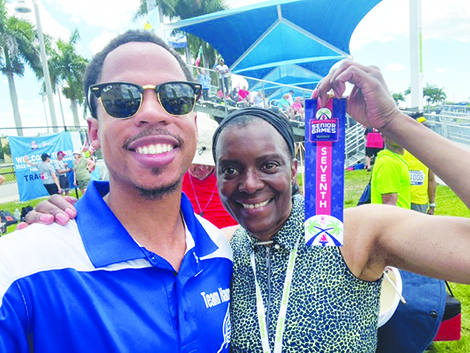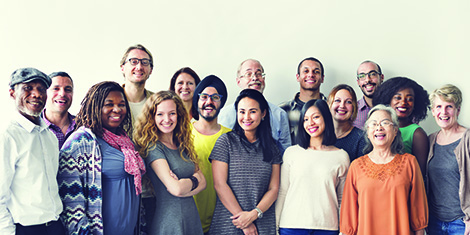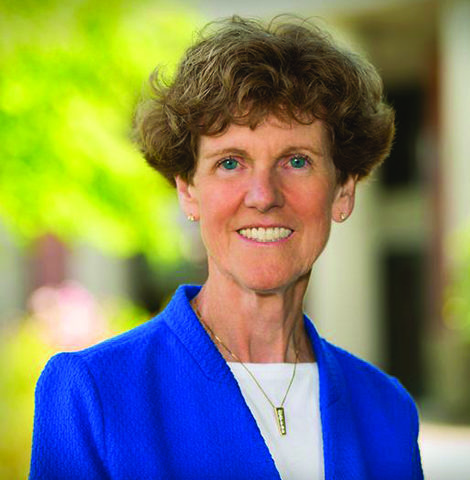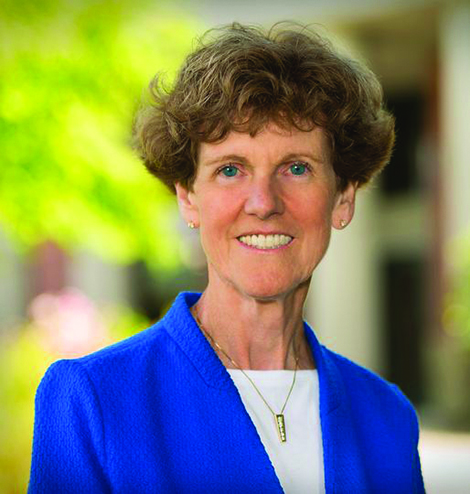Ancient Greeks’ wisdom can help heal the loss of a loved one
By Patsy Stahl
Losing a marriage partner or other family member feels devastating, or, at the very least, difficult.
Understandably, we grieve, feel lonely, and hope that the loss can be soothed with sympathy. We may let loss limit us and our lives, which seem empty, boring, inhabited by memories that only bring sadness. We may not wish to participate in activities solo, so we sit home, desolate. In fact, for many of us, the loss of a long-term marriage partner—who was such a large part of our lives for many years—seems to end our whole life. Some widows and widowers say, or at least silently agonize, “I’ve lost my best half” or “My life is over.”
To find perspective, we can explore wisdom of the past.
The ancient Greeks believed there were many types of love. They labeled Ludus for amusement mixed with novelty expressed through flirting. Eros—one of the gods that formed the cosmos, who morphed into the son of Aphrodite and later into a blindfolded child, who then became the chubby Cupid–embodied passion and sexual attraction, the spice of modern-day romance. Mania, poisoned side of love, tormented the stricken with unhealthy obsessions. These three love types–much-dramatized in songs, novels, and movies–are most often people’s interpretation of love and the focus of mourners’ losses.
Some of us may become lucky enough to feel giddy about someone again, but a widow or widower need not wait for that electricity to zap us.
Long-married couples likely agree with the Greeks that arrow-firing Eros can recast itself into the long, enduring Pragma–a strong, steady love grounded in trust and honed in compromise and dependability. Maybe there is no time for a widower or widow to experience a romantic tingle transforming into long-time togetherness with a new partner, but we can focus on other meaningful options.
Even more greatly valued by the Greeks were four more love categories. They greatly valued Philia–affectionate brotherly and sisterly love, not only with family but with friends. Durable Philia grew into a lifelong affection, called Storge, that link parents instinctively feel for their children. Prized–and thus emphasized then and today in most religions–Agape was and is unconditional, generous, never-self-centered love for all humankind. Cherished, too, was and is a healthy understanding of and compassion and respect for one’s self.
Widows and widowers need not live an empty life of mourning. We can turn to friends and family, spending more time together and building companionship, Storge. Practicing Philia, we can make new friends–filoi in Greek. We can discover new interests and enjoy novel activities with others or independently. We can fuel our Agape by learning about new cultures and our world’s peoples. We can relish all humankind, volunteering our precious time and energy. Finally, we can explore more about ourselves, acknowledge not only our weaknesses but replenish our past and newer strengths, create new interests and even pioneer happiness while alone. We can treasure ourselves and our lives—not selfishly but insightfully, and gratefully celebrate our life in Philautia.
Maybe time with our marriage partner was just a preface for more chapters of our life—if we write them.
Patsy Stahl, a Tacoma retiree is a former teacher, community organizer, and mental health worker.



